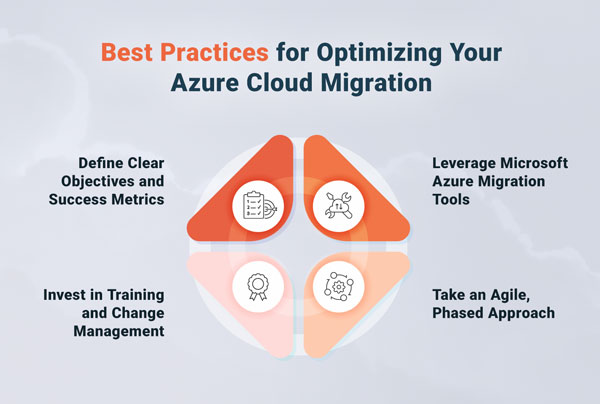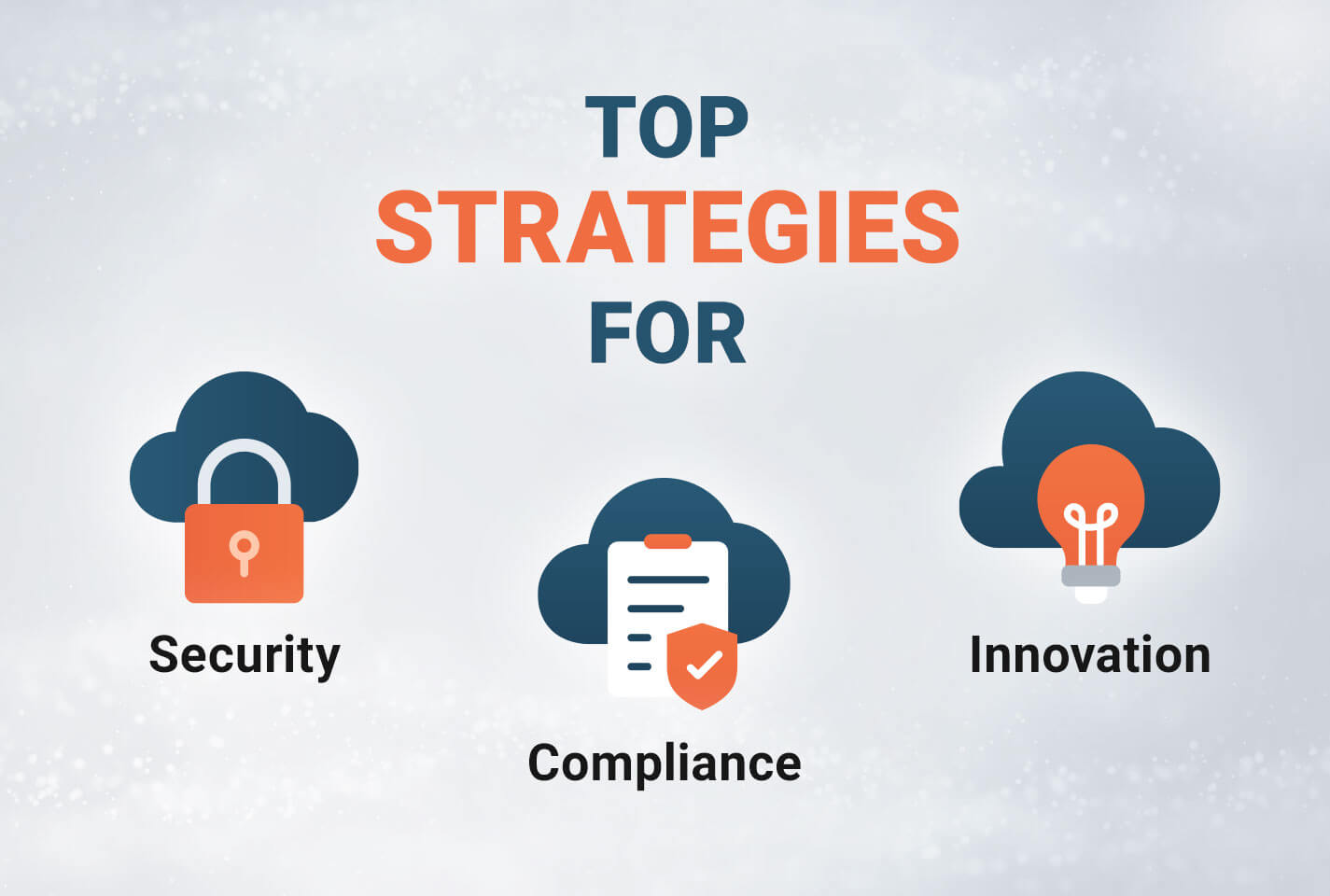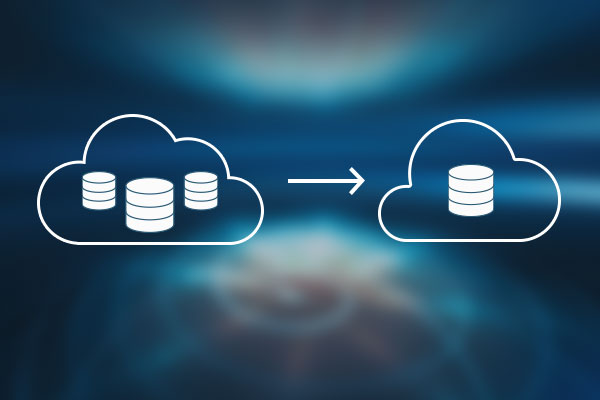The data deluge presents both a challenge and an opportunity for companies seeking a competitive edge. With troves of information at their fingertips, organizations must harness artificial intelligence to unlock insights and drive innovation.
Learn how Microsoft Azure AI unlocks the potential of your data, empowering you to boost productivity, spur creativity, and accelerate your digital transformation. Through examining critical use cases and reviewing Azure’s robust AI capabilities, IT leaders gain practical steps to leverage intelligent algorithms for predictive analytics, process automation, and beyond.
Leaders take note – with the right strategy, AI can propel your business into the future.

Why AI Matters for Your Business
Artificial intelligence has the potential to transform how companies operate and deliver value to customers. Machine learning and deep learning, subsets of AI, enable systems to analyze data, recognize patterns, and make decisions, often with limited human intervention.
Gaining Data-Driven Insights
AI can help companies gain valuable insights from their data, enabling better decision-making. By analyzing customer data, web traffic, sales, and more, AI can detect trends, predict outcomes, and identify new opportunities. These insights allow companies to improve the customer experience, optimize marketing campaigns, and accelerate growth.
Optimizing Business Processes
AI also helps companies optimize key business processes to reduce costs and improve efficiency. For example, AI can analyze supply chain data to optimize logistics and reduce excess inventory. It can analyze customer service data to improve response times and satisfaction. AI can analyze employee data to optimize hiring, training, and retention programs. By optimizing processes, companies can reallocate resources to drive innovation and growth.
Gain a Competitive Advantage
Ultimately, AI allows companies to gain a competitive advantage. By uncovering data-driven insights and optimizing key processes, companies can make smarter decisions, improve the customer experience, reduce costs, and accelerate growth. They can move faster and outpace competitors. Additionally, AI can enable new products, services, and business models that disrupt entire industries. AI is essential for companies to compete and thrive in today’s digital economy. The future belongs to businesses leveraging data and AI to reach their full potential.
Why AI and data are essential for small to medium enterprises
For mid-market companies, data and AI are the keys to unlocking new opportunities and gaining a competitive edge. Historically, these technologies were only accessible to large enterprises with big budgets and specialized teams. Now, with cloud platforms like Microsoft Azure, organizations of all sizes can leverage AI and tap into the power of their data.
Accelerate digital transformation
AI and data analytics enable companies to gain valuable insights into their business and customers. With predictive analytics, organizations can forecast trends, optimize operations, and unlock new revenue streams. Mid-market companies can accelerate digital transformation by embedding AI into business processes and customer experiences
Improve efficiency
AI has the potential to automate repetitive and mundane tasks, freeing up employees to focus on higher-value work. For example, AI can handle tasks like data entry, customer service queries, and process automation. This can significantly reduce costs and improve workforce productivity and job satisfaction.
Enhance customer experiences
With AI, companies can better understand their customers and tailor experiences to individual needs and preferences. AI powers personalized product recommendations, chatbots, voice assistants, and more. Mid-market companies can strengthen customer loyalty and retention by leveraging data to provide customized and contextualized experiences.
Data and AI are essential business growth and innovation tools in today’s digital economy. With the power of Azure AI, organizations can unlock the potential of their data, gain actionable insights, increase efficiency, and transform customer experiences. For mid-market companies seeking a competitive advantage, AI may be the key to success.

The Power of Data: How AI Can Help You Uncover Hidden Insights
AI systems can help extract value from existing data to uncover insights that would otherwise remain hidden. AI algorithms are adept at spotting patterns in large datasets that humans may miss.
Uncovering relationships between variables
AI can analyze massive datasets to uncover complex relationships between variables that would take humans an inordinate amount of time to discern. These relationships may point to optimization opportunities or reveal key drivers of outcomes. For instance, an AI could analyze customer data to determine that customers who buy Product A also tend to purchase Product B within a month. This insight could inform marketing campaigns to boost cross-selling.
Identifying anomalies and outliers
AI excels at detecting anomalies and outliers in data that could signify important events or trends. For example, an AI system could analyze network logs to spot unusual login activity, which could indicate a security breach. Or, an AI could detect an uptick in customer complaints about a product, signaling an emerging quality issue. These kinds of insights enable companies to respond quickly before problems intensify.
Enhancing Predictive Capabilities
By analyzing historical data, AI can generate predictions about future events and trends. Predictive models can forecast customer churn, equipment failures, sales, and more. For example, an AI could analyze past sales data to predict how much of a product will sell in the next quarter. Or, it could analyze sensor data from factory equipment to predict when a part is likely to fail so it can be replaced preemptively. Predictive insights give companies an information advantage and help guide better decision-making.
Leveraging AI to gain insights from data allows companies to optimize essential business functions, strengthen their competitive position, and accelerate growth. By uncovering the hidden potential within their data, companies can transform into data-driven organizations poised for success. With the power of AI, data becomes a strategic asset that drives innovation and unlocks new opportunities.
Finding the right solution: Identifying key business objectives and goal setting
To determine how AI can benefit your organization, you must first identify your critical business problems and goals. Analyze your current challenges and opportunities to pinpoint areas where AI could drive significant impact. Some questions to consider include:
1. What processes are inefficient or time-consuming?
Tasks like data entry, customer service inquiries, and invoice processing are prime candidates for AI automation.
2. What information could provide a competitive advantage if extracted and analyzed?
AI can help uncover patterns and insights in large amounts of data that would be impossible for humans to analyze manually. This insight can reveal new opportunities for innovation or cost savings.
3. Where are the gaps in your data and reporting?
AI solutions are excellent at filling in missing data, detecting anomalies, and generating predictive analytics to give you a more complete view of your business and customers.
Once you’ve outlined your key problems and goals, determine which are most critical to your business’s success and growth. Then, evaluate which types of AI solutions—machine learning, natural language processing, or computer vision— are the best fit to address your prioritized needs. With a clear roadmap, you can then explore services like Microsoft Azure AI to implement solutions that drive real results.
Focusing on quick wins with a fast time to value is key. Look for low-hanging fruit where AI can quickly solve a pressing issue or fill an immediate need. Build from there, using an iterative approach to implementing AI that aligns with your business goals and priorities. With the right strategy and solutions in place, AI has the potential to revolutionize how you operate and compete. But you have to start by identifying what matters most.

How to choose and implement the right solutions
Artificial intelligence has revolutionized how businesses leverage data to gain insights and optimize processes. However, with many AI solutions now available, choosing and implementing the right ones for your organization’s needs can take significant time and effort.
Assess your data and business needs
The first step is to evaluate your data and how AI can help you achieve key business goals. For example, if you want to gain customer insights, solutions like Azure Cognitive Services for natural language processing and Azure Machine Learning can help analyze customer feedback data. To optimize business processes, robotic process automation (RPA) solutions can automate repetitive tasks. Clearly defining your needs will help determine the right AI solutions.
Choose solutions that integrate with your existing systems
Look for AI solutions that easily integrate with your current software and platforms. For example, if you use Microsoft Dynamics 365 CRM, choose AI solutions from Microsoft that directly integrate with it. This minimizes disruption to current systems and maximizes the value of your existing technology investments. It also enables a connected platform for your data and business processes.
Start with a pilot project
Rather than implementing AI solutions organization-wide right away, start with a pilot project. This allows you to evaluate different options, see how they work with your data and processes, and determine their impact before broader adoption. You can then adjust solutions or implementations based on feedback and lessons learned from the pilot. This pragmatic approach helps ensure the solutions you choose are the right fit and set up for long-term success.
With a strategic approach, you can determine and deploy the AI solutions that will most benefit your organization. AI has significant potential to transform businesses, but only if the right solutions and implementations match your unique needs. By assessing your data and business goals, selecting solutions that integrate with your existing systems, and starting with pilot projects, you can unlock the potential of AI to boost your business.
How to measure and optimize the performance of your AI solution
Define key performance indicators (KPIs)
To measure the success of an AI solution, organizations must first establish concrete KPIs aligned with business goals. Metrics like increased revenue, improved customer satisfaction, and reduced costs can indicate how well the AI is performing. More specific KPIs include a percentage increase in sales, a decrease in customer churn, or a reduction in operational expenses.
Monitor and track metrics
With KPIs defined, companies should implement tools to monitor and track these metrics over time. Many AI platforms offer built-in monitoring to track performance indicators like accuracy, precision, recall, and F1 scores. However, business metrics may require integration with other business intelligence tools. Tracking performance regularly allows companies to see progress and make adjustments to improve the AI.
Review and retrain models
AI models must be reviewed and retrained periodically to maintain high performance. As data, behaviors, and the business environment change over time, the AI’s performance may start to degrade. Retraining the models with fresh, high-quality data helps the AI adapt to changes while sustaining or improving its effectiveness. Companies should establish a schedule for reviewing and retraining their AI solutions to optimize long-term success.
Make adjustments as needed
If KPIs show that the AI is underperforming, don’t wait to make adjustments. Additional data, algorithm changes, or model retraining could improve the AI’s performance. Teams should evaluate what’s driving the underperformance and make targeted changes to get metrics back on track. With regular monitoring and adjustments, organizations can ensure their AI solutions remain valuable, trustworthy, and impactful over the long run.

Why Azure is the Best Choice for Your AI in the Cloud
Azure AI offers unmatched capabilities for building and deploying AI solutions.
Integrated platform
Azure AI is built on Microsoft’s trusted, global cloud platform. All Azure AI services integrate with other Azure services, allowing you to build end-to-end solutions. For example, you can combine Azure ML with Azure SQL Database, Azure HDInsight, and Power BI to create a full data pipeline and dashboard for your AI solution.
Azure’s powerful pre-built tools like Azure Machine Learning, Computer Vision, and Azure Cognitive Search make harnessing the power of AI accessible and achievable. These intelligent services are designed to work together, enabling you to build advanced AI solutions without needing an army of data scientists or AI experts.
Enterprise-grade security and governance
Azure AI offers built in enterprise-grade security, privacy, and governance. Security features like encryption, RBAC, and auditing protect your data and models. Governance features like Azure Policy help ensure your AI systems are fair, transparent, and compliant.
Flexible and scalable
Azure AI is designed to flexibly scale to a company or organizations specific needs. And if you need a custom solution, the Azure AI platform is fully extensible. Azure AI also works with open source tools like TensorFlow, PyTorch, and scikit-learn, so you can build models in the environment of your choice, and then deploy them to Azure.
Azure AI provides an unparalleled, secure, and scalable platform for building and deploying AI solutions in the cloud. With powerful AI tools, an integrated platform, enterprise-grade security, and flexible scalability, Azure AI has everything you need to unlock AI’s potential for your business.
Transforming Your Business With Azure AI and Machine Learning
Today, companies have access to massive amounts of data, but need help to extract meaningful insights. AI and machine learning are technologies that can unlock the potential of data, enabling companies to gain a competitive advantage.
Microsoft Azure provides robust AI services that allow organizations to build intelligent applications without having deep AI expertise. Azure Machine Learning is a platform for building, training, and deploying scale-based machine learning models. Data scientists and developers can use familiar tools like Python and Visual Studio to build and deploy models. These services allow developers to easily add intelligent features to their applications without needing any machine learning expertise.
For example, the Computer Vision API can detect objects, read printed and handwritten text, and analyze images to get insights into content.
Azure AI can help organizations and companies accelerate their digital transformation. AI unlocks the potential of data, enabling new insights and efficiencies; enhances customer experiences through personalized content and recommendations; optimizes business processes and reduces costs through automation; and spurs innovation by enabling new products, services, and business models.
With a robust set of AI and machine learning services, Microsoft Azure provides organizations with the tools they need to transform their business by leveraging the power of data and building intelligent applications. By unlocking AI’s potential, companies can gain valuable insights, enhance customer experiences, optimize operations, and accelerate innovation.
As AI and machine learning solutions continue to evolve, companies that fail to act now risk falling behind the competition. With the power of Azure AI, organizations can tap into their data’s full potential to drive innovation and unlock new revenue streams. By implementing AI-powered analytics, automation, and predictive insights across the business, companies can boost productivity and lower costs.
With the right strategy and solutions, AI empowers enterprises to make smarter decisions, deliver standout customer experiences, and build their competitive edge. However, navigating the complexities of AI implementation and ensuring optimal results requires specialized expertise. Leveraging the expertise and experience of partners, like VIAcode, empowers companies to realize their full AI and cloud potential. With the right combination of tools, processes, and expertise every company can achieve cost savings, a greater user experience, and more efficient operations.







